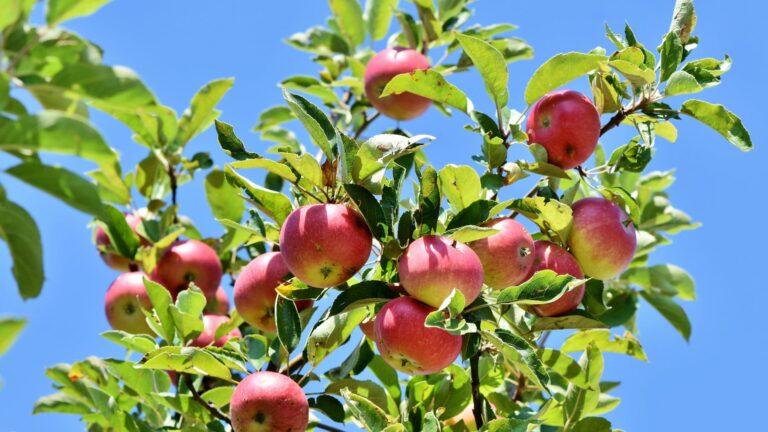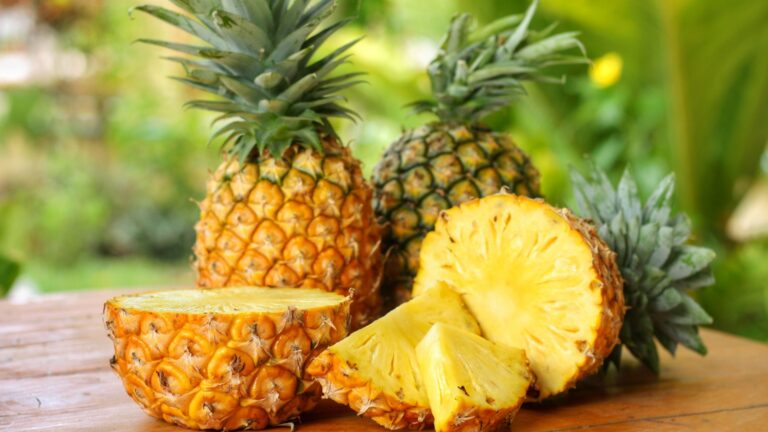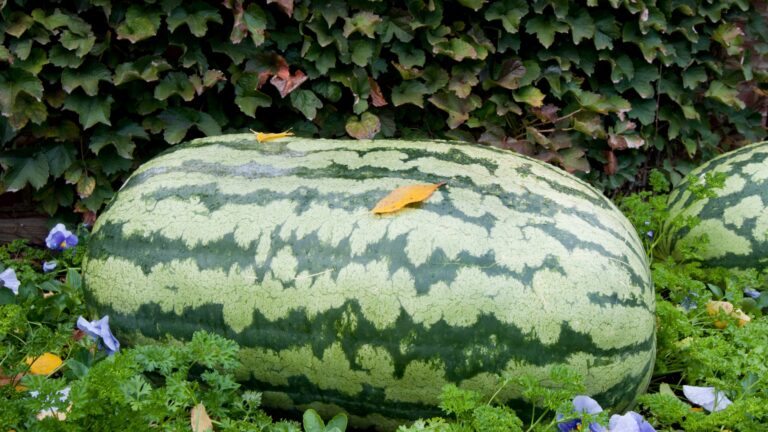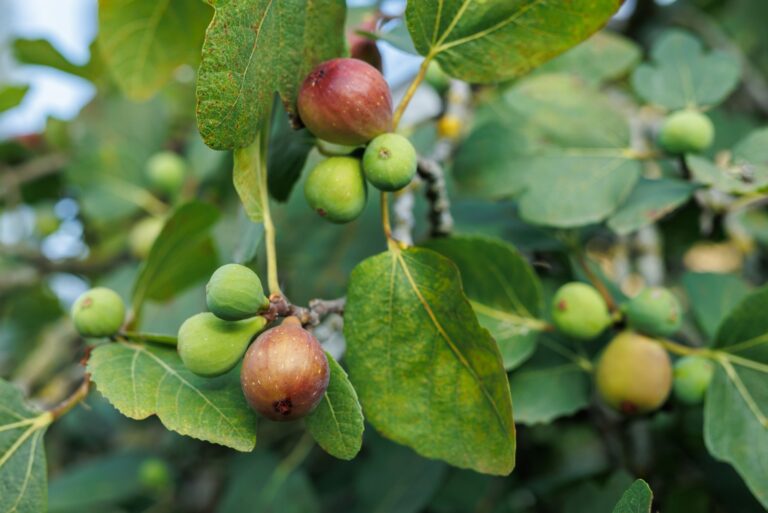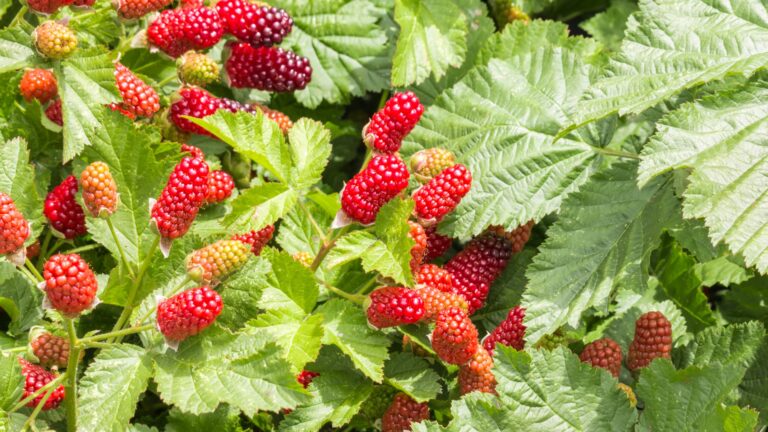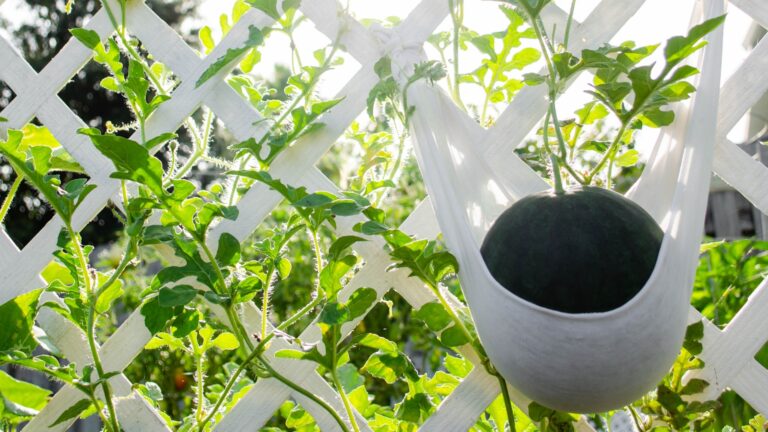13 Fruit Trees You Should Avoid Planting In Michigan
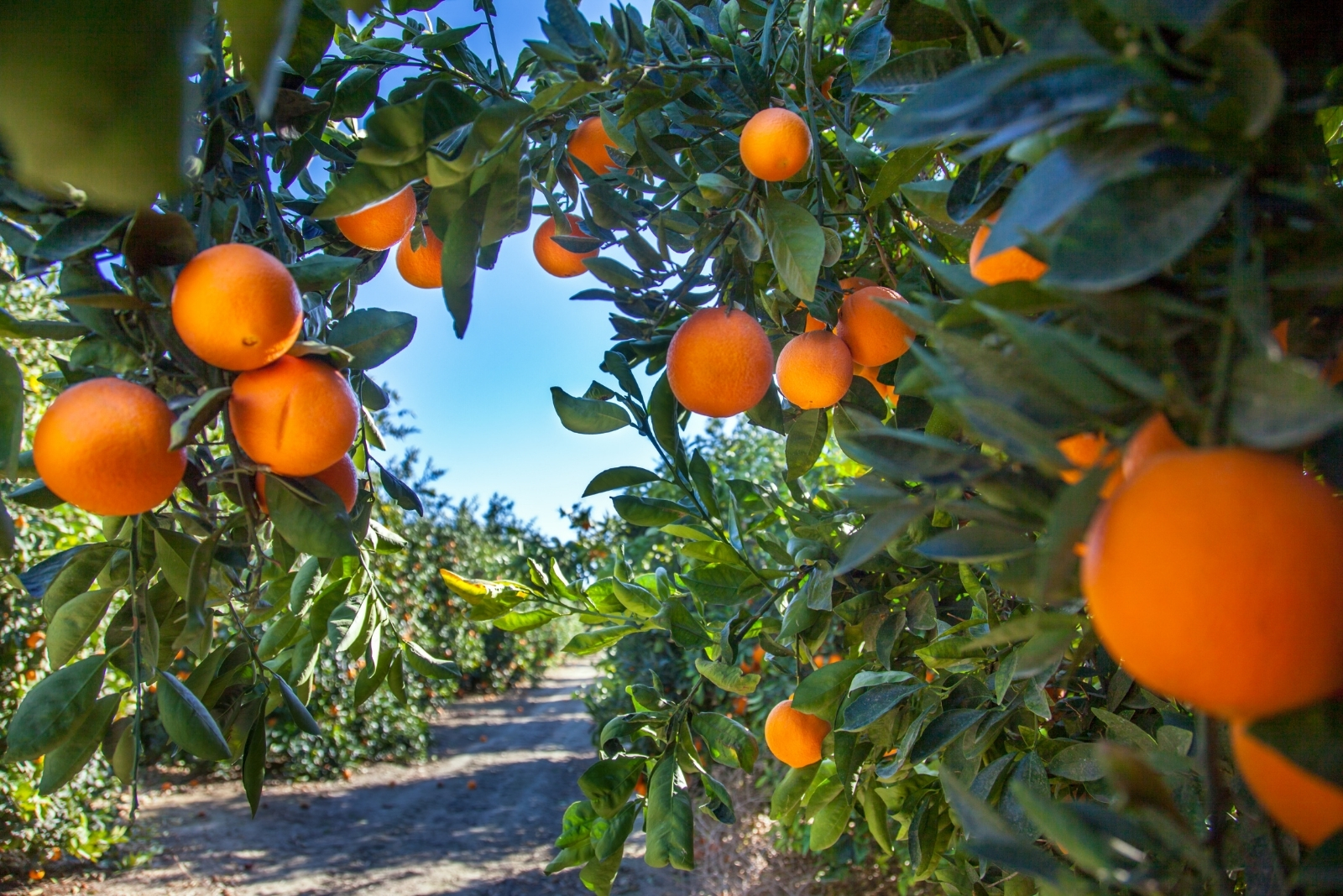
Not all fruit trees are a good fit for Michigan’s climate, and some can cause more trouble than they’re worth. These 13 trees tend to struggle or create headaches for local gardeners.
I’ve seen a few planted in the wrong spots, and the results weren’t pretty. Learn which ones to skip so your orchard—or backyard—thrives without surprises.
1. Avocado
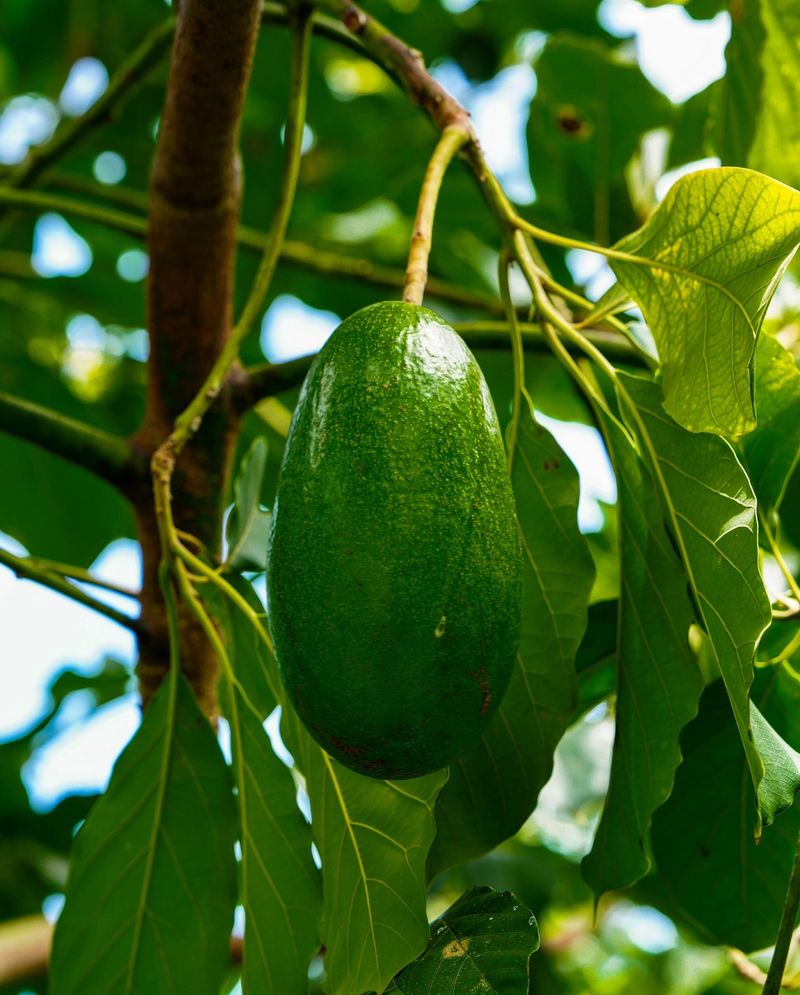
Dreaming of homemade guacamole from backyard avocados? Unfortunately, Michigan’s freezing temperatures make this a fruitless fantasy. These tropical treasures need warm weather year-round to survive.
Even in protected indoor settings across Michigan, avocado trees rarely produce fruit. The cold climate and short growing season make these trees nothing more than expensive houseplants in the Great Lakes State.
2. Mango
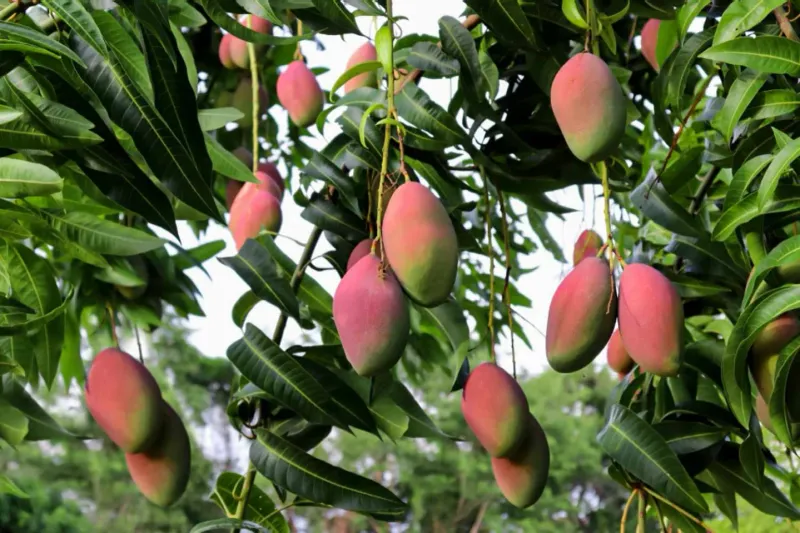
Sweet, juicy mangoes might be delicious, but they’re completely unsuited for Michigan gardens. Native to tropical regions, these trees can’t handle temperatures below 40°F, let alone Michigan’s typical winter lows.
Attempting to grow mangoes in Michigan will lead to disappointment and dead trees. The frigid winters and cool springs throughout the state make these tropical favorites impossible to cultivate outdoors.
3. Banana
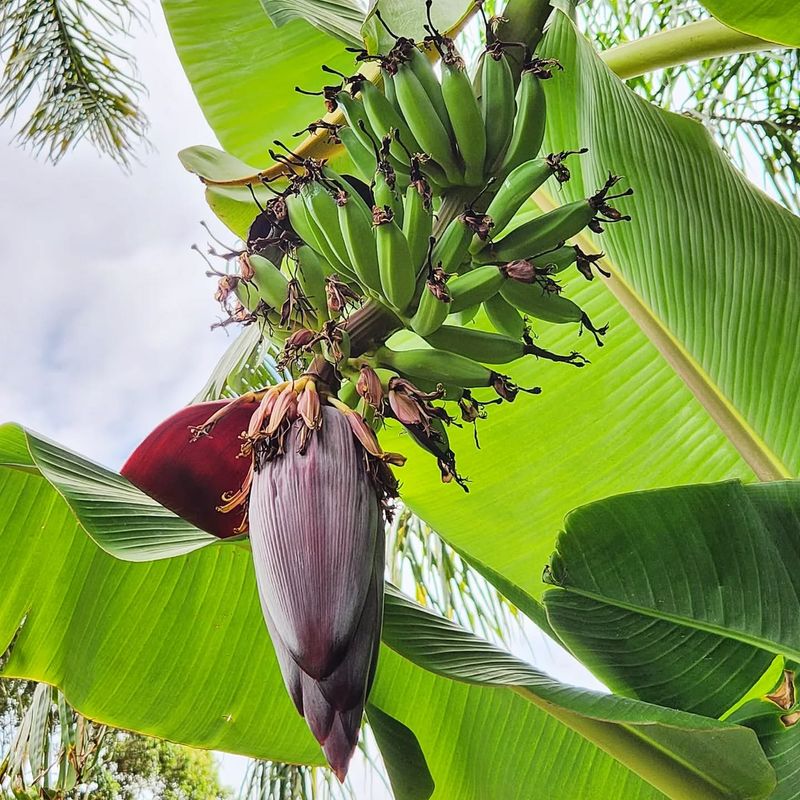
Those tall, tropical banana plants might look impressive in photos, but they’re doomed in Michigan’s climate. The first frost will kill these heat-loving plants to the ground.
While some Michigan gardeners grow ornamental banana plants as annuals, they’ll never produce edible fruit. The growing season throughout the state is simply too short for these tropical plants to reach fruiting stage.
4. Citrus
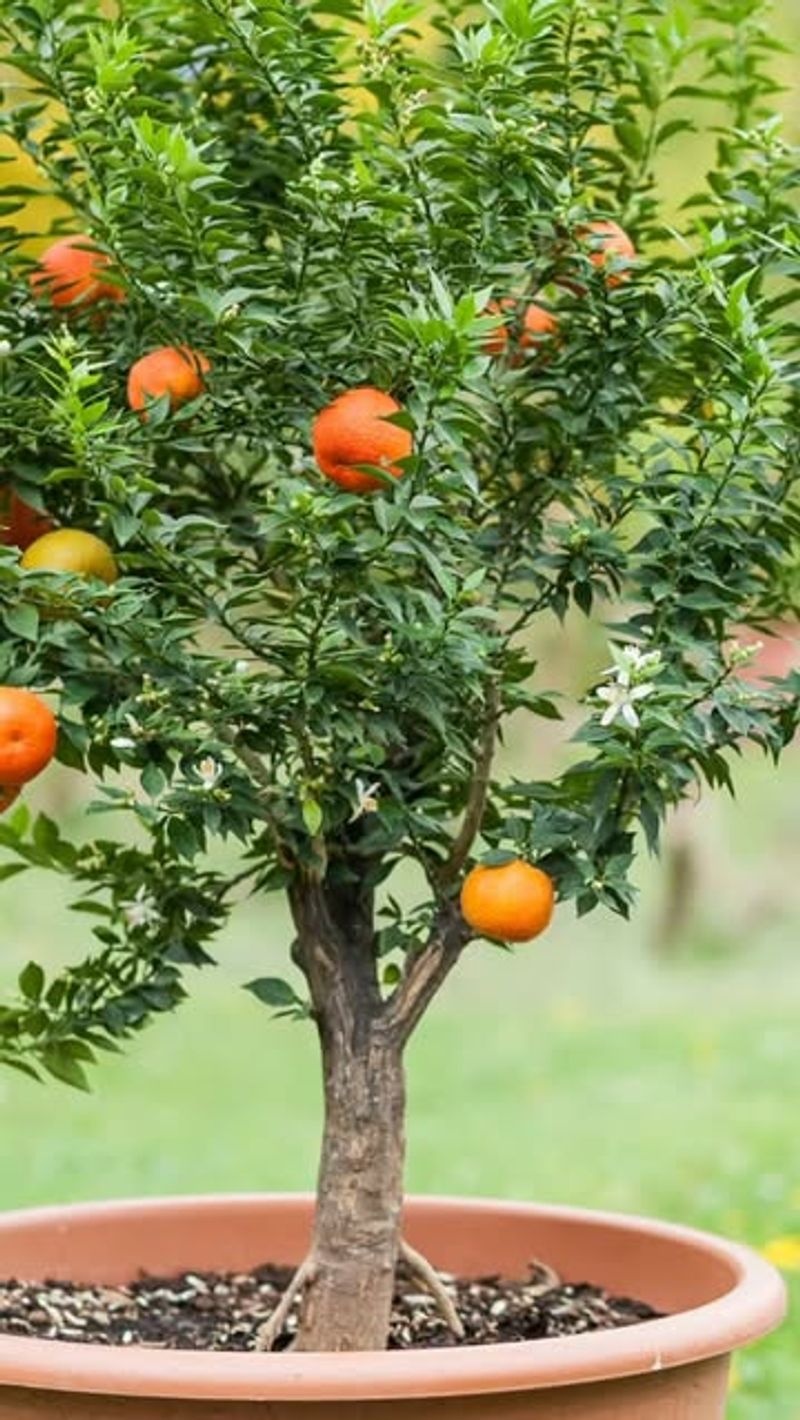
Lemons, limes, oranges – all these citrus fruits require warm climates to thrive. Michigan’s cold winters make outdoor cultivation impossible, as these trees suffer damage at temperatures below 32°F.
Some determined Michigan gardeners try growing dwarf citrus indoors, but success is limited. The low winter light levels across the state make fruit production minimal even under the best indoor conditions.
5. Fig
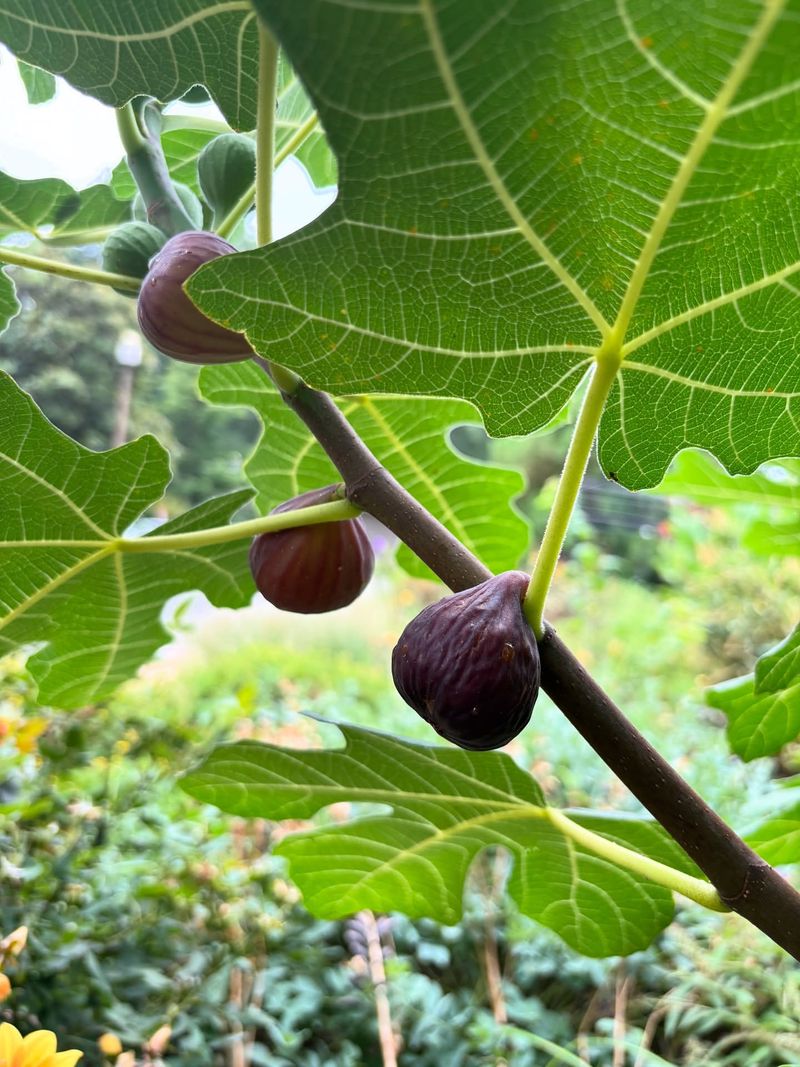
While figs can survive in some protected microclimates, they’re generally a poor choice for most Michigan gardens. The trees often die back to the roots each winter, requiring extensive protection to survive.
Even if you manage to keep them alive through Michigan’s harsh winters, fig trees rarely produce reliable crops. The short growing season in the northern state prevents the late-season fruits from ripening properly.
6. Pomegranate
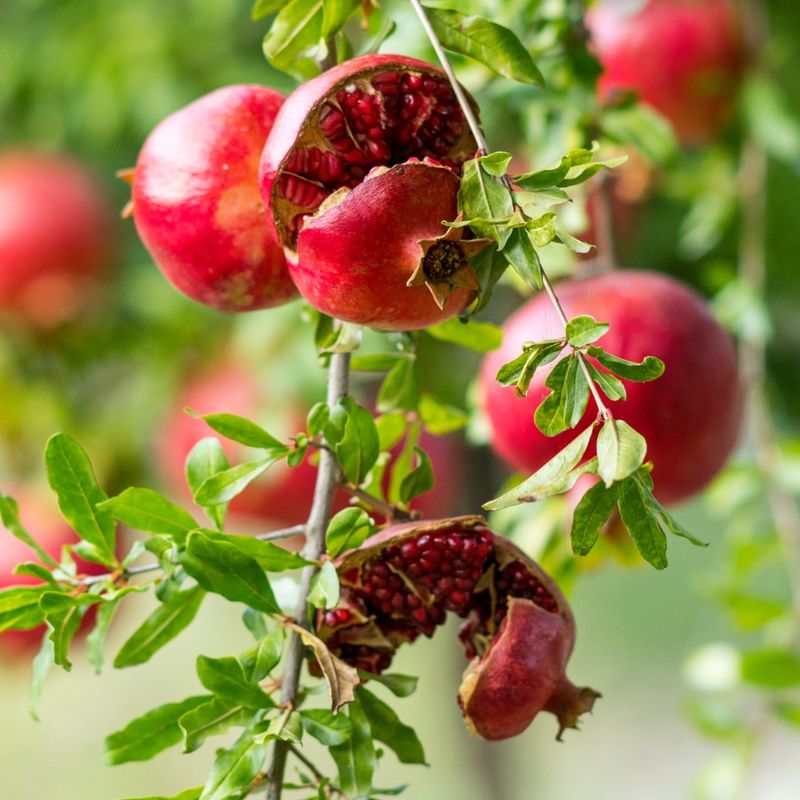
Those ruby-red jewel-like fruits might be tempting, but pomegranate trees struggle in Michigan’s climate. Native to Mediterranean regions, they can’t handle the frigid winters common throughout the state.
While pomegranates might survive a mild Michigan winter with protection, they rarely produce fruit worth harvesting. The growing season is simply too short for these slow-developing fruits to reach maturity.
7. Papaya
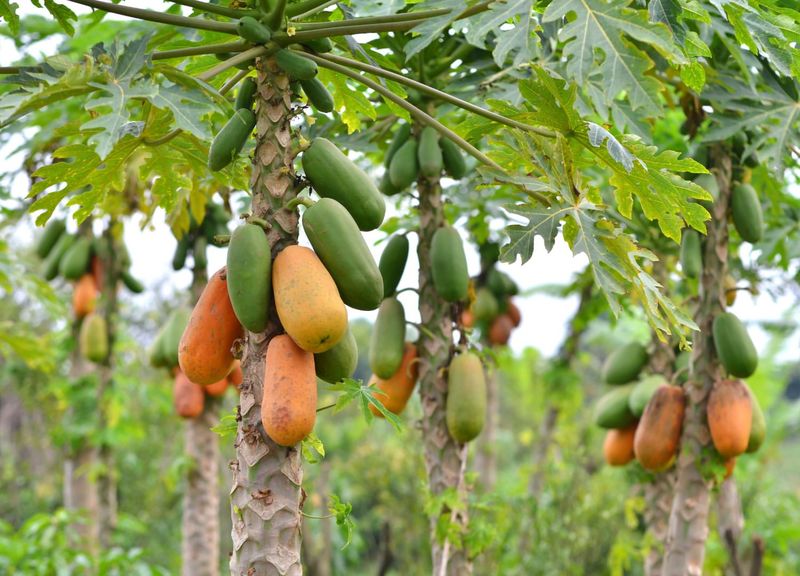
Fast-growing papayas might seem appealing, but they’re strictly tropical trees that have no chance in Michigan. The first frost will kill these tender plants completely.
Michigan’s climate is simply incompatible with papaya cultivation in every way. Even during summer, the state’s temperatures aren’t consistently warm enough for these heat-loving tropical fruits to develop properly.
8. Lychee
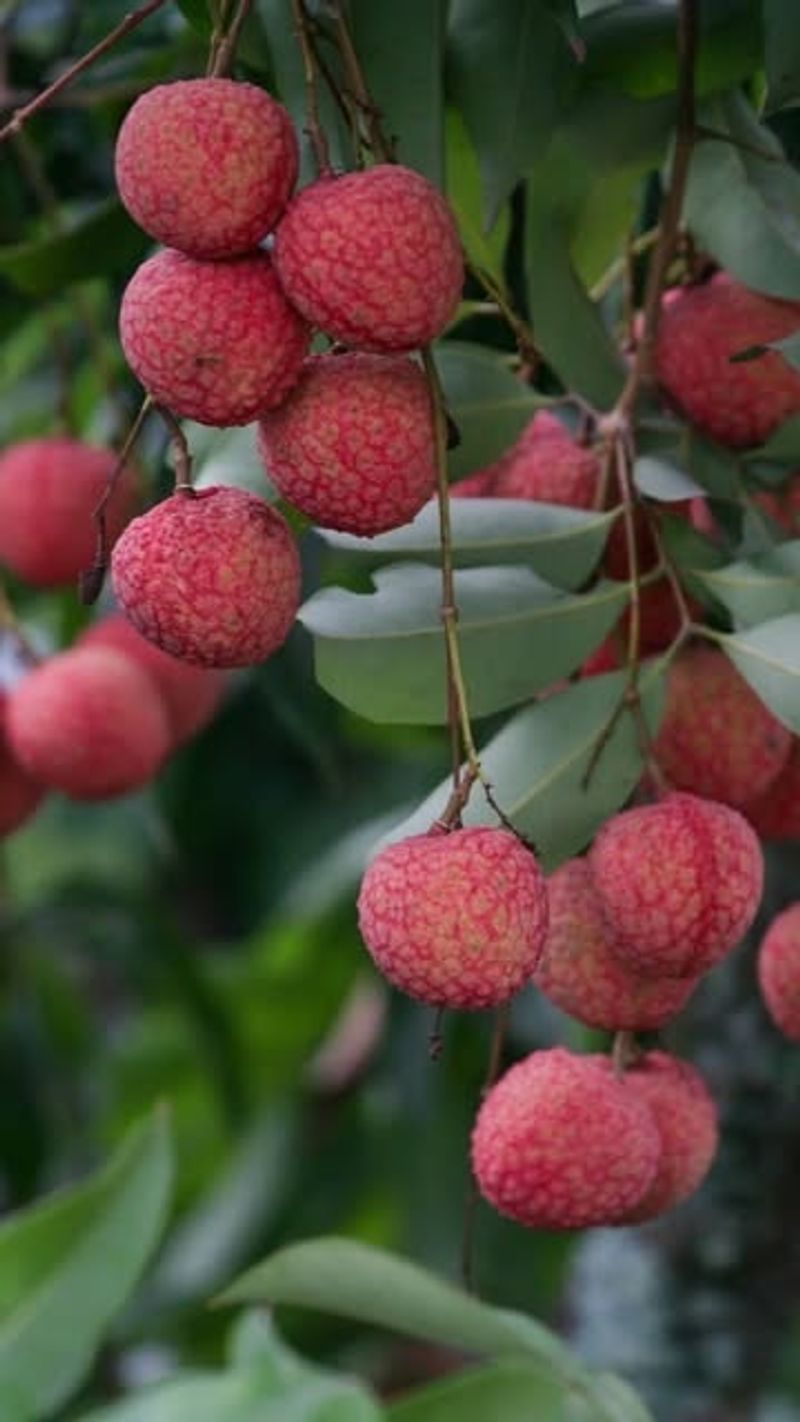
Exotic lychee fruits might be delicious, but growing them in Michigan is impossible. These Asian natives require tropical conditions and simply cannot tolerate freezing temperatures.
Michigan’s climate is completely unsuitable for lychee trees in every respect. The cold winters, cool springs, and generally short growing season make these trees a wasteful investment for gardeners across the state.
9. Olive
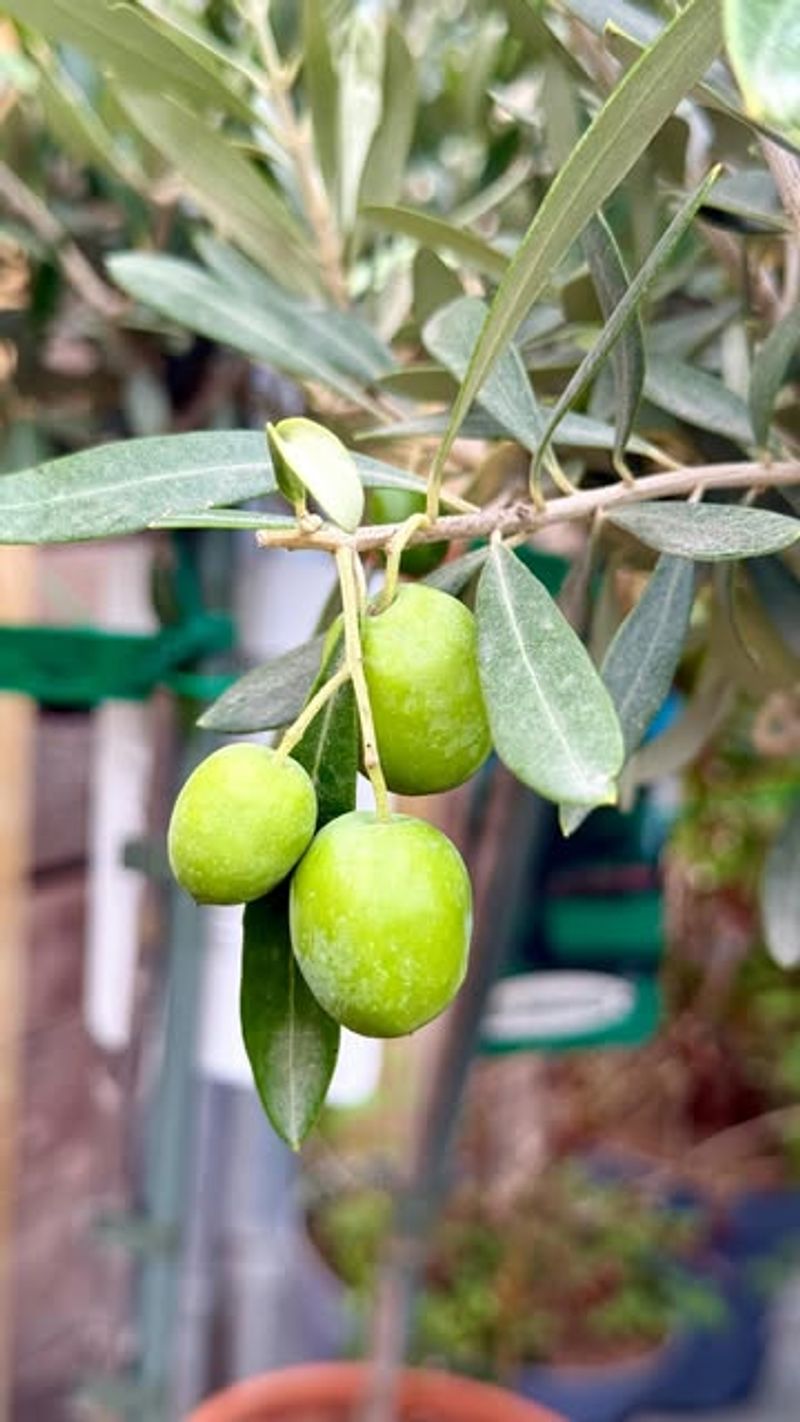
Mediterranean olive trees require long, hot, dry summers and mild winters – exactly what Michigan doesn’t offer. These trees suffer severe damage when temperatures drop below 15°F, making outdoor cultivation risky.
Michigan’s humid summers and cold, snowy winters create the perfect storm of bad conditions for olive trees. While they might survive in containers moved indoors, they’ll never produce meaningful harvests in the Great Lakes State.
10. Guava
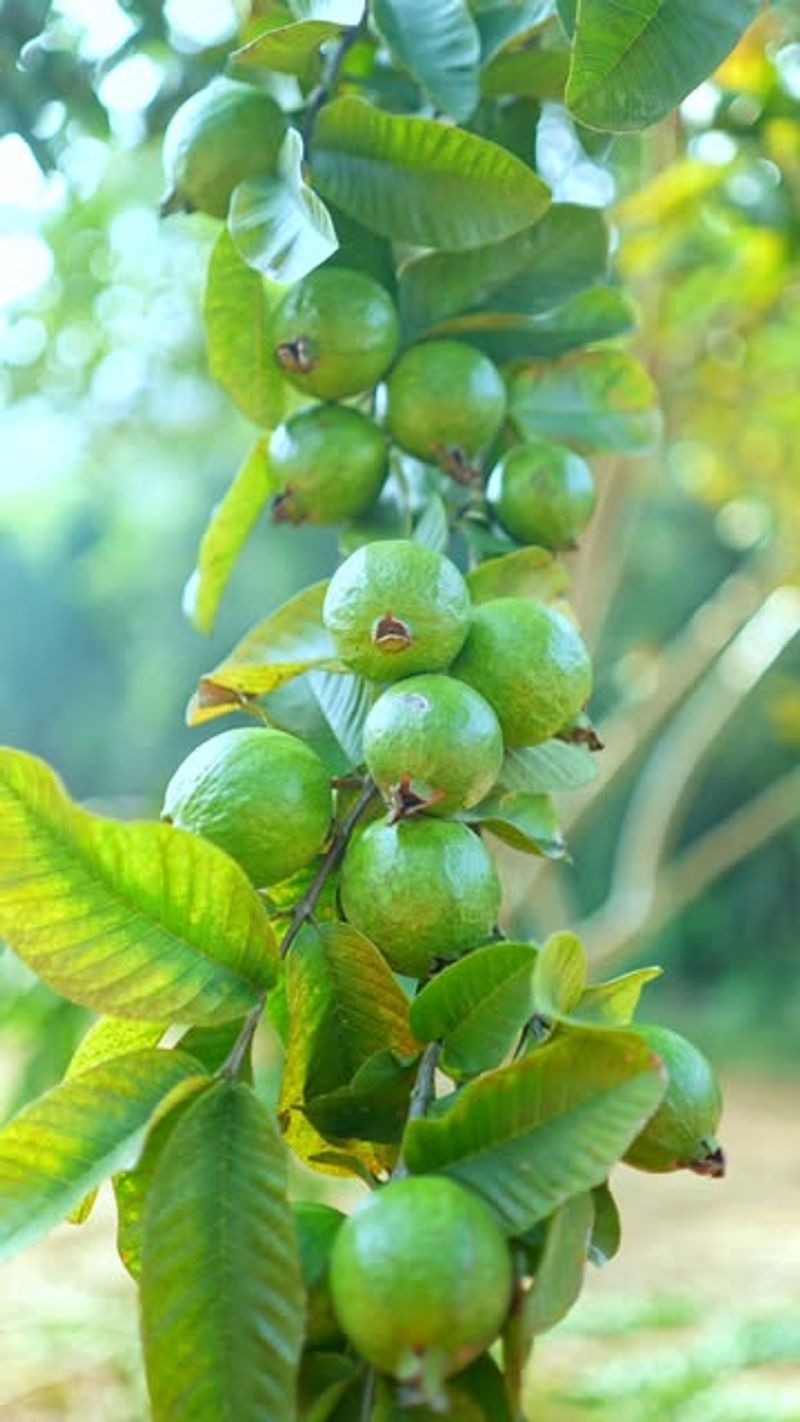
Tropical guava trees produce delicious fruits but have absolutely no cold tolerance. Michigan’s freezing winters make outdoor cultivation impossible in any part of the state.
Even during Michigan’s summer months, guavas would struggle with the relatively cool nights. These tropical trees need consistent warmth to produce fruit and simply can’t adapt to the state’s variable climate patterns.
11. Jackfruit
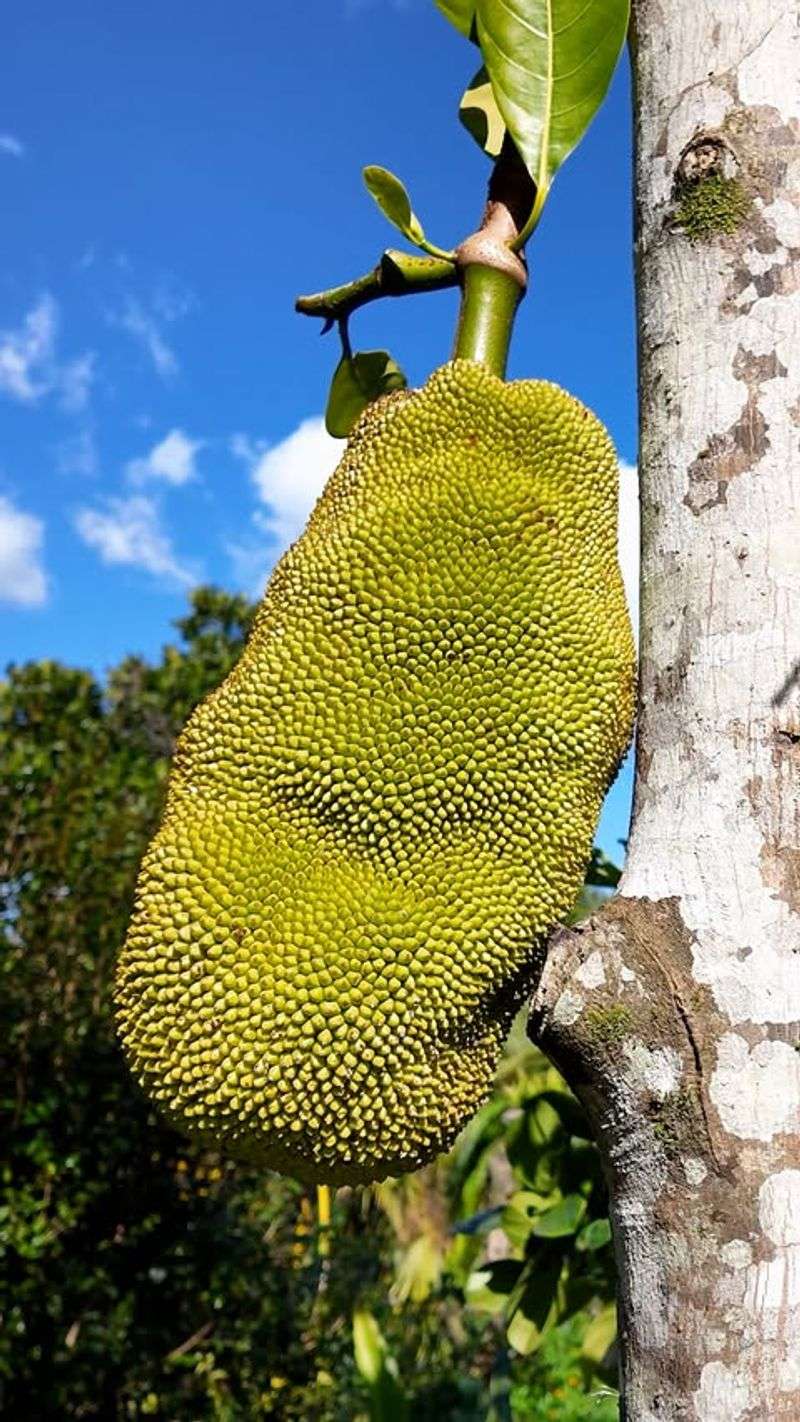
The world’s largest tree fruit comes from a tropical tree that can’t handle even mild frost. Michigan’s climate is completely inhospitable to these giants of the fruit world.
Attempting to grow jackfruit in Michigan would be an exercise in futility. The state’s cold winters would kill these tropical trees outright, making them an impossible choice for even the most optimistic Michigan gardener.
12. Persimmon (Asian)
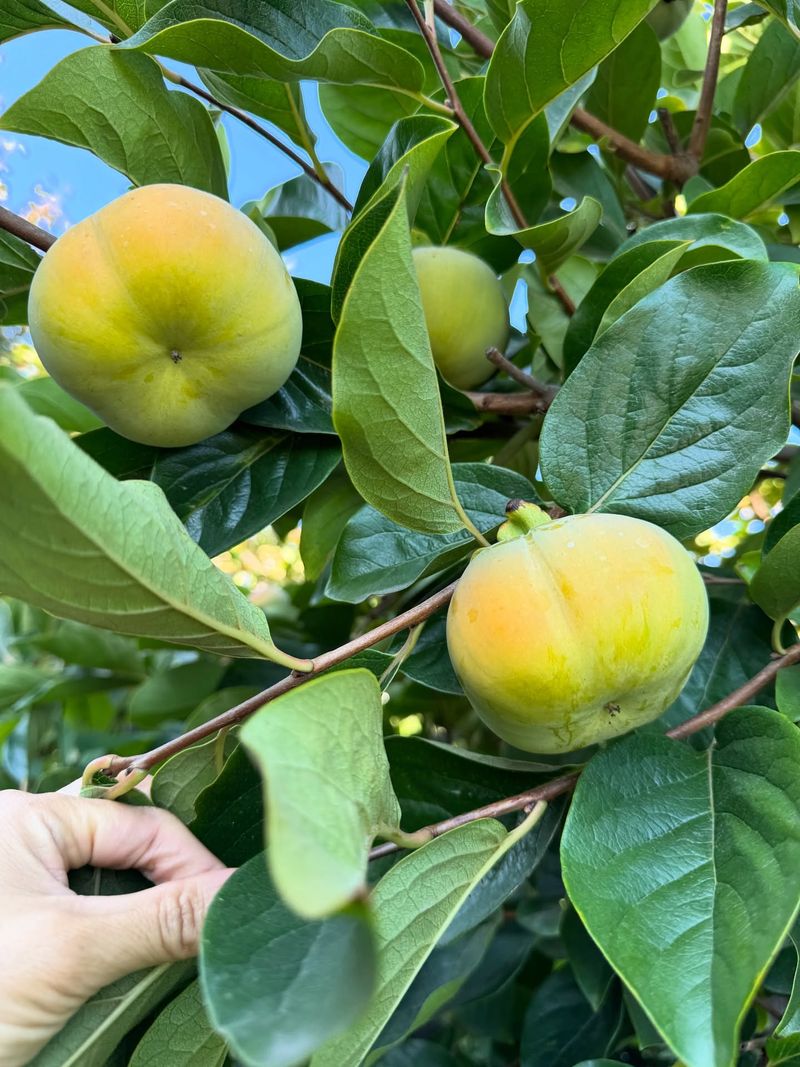
While American persimmons can grow in Michigan, their Asian cousins struggle with the harsh winters. These less cold-hardy varieties often suffer dieback or complete death during typical Michigan winters.
Even if Asian persimmon trees survive, they frequently fail to ripen fruit before frost in Michigan’s short growing season. Native American persimmons are a much better choice for fruit growers throughout the state.
13. Passion Fruit
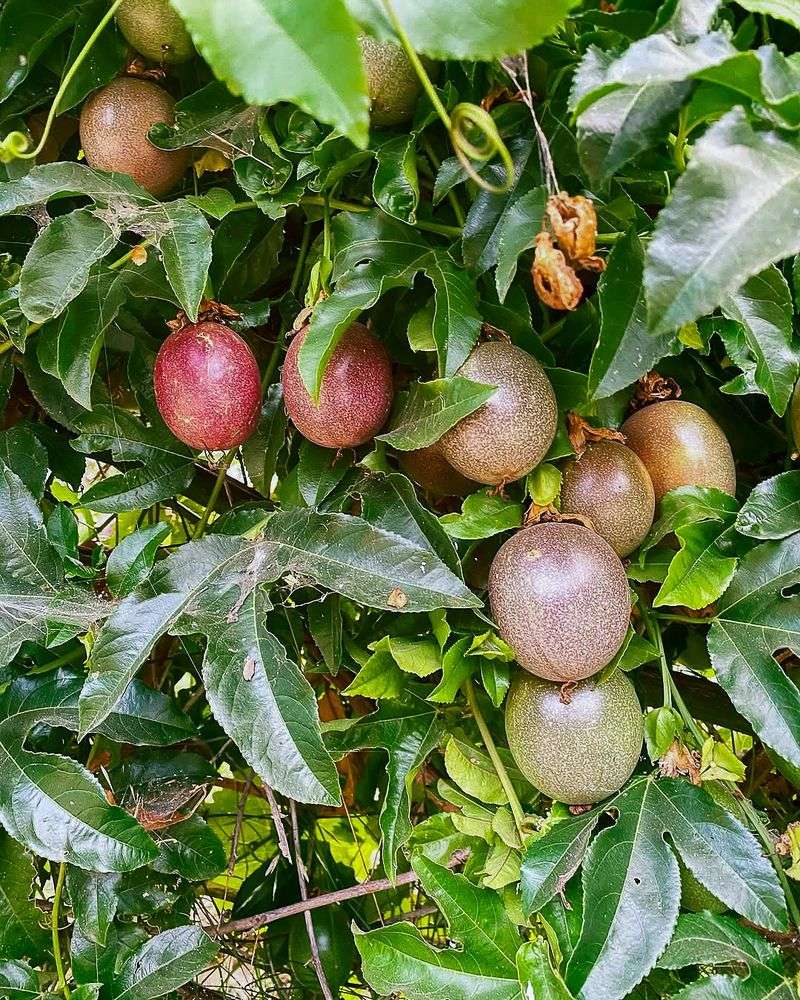
Exotic passion fruit vines produce stunning flowers and tasty fruits, but they’re strictly tropical plants. Michigan’s freezing winters will kill these vines to the ground every year.
While some Michigan gardeners grow passion fruit as annuals, they rarely produce fruit before frost. The state’s growing season is simply too short for these vines to flower and develop mature fruits before cold weather arrives.

